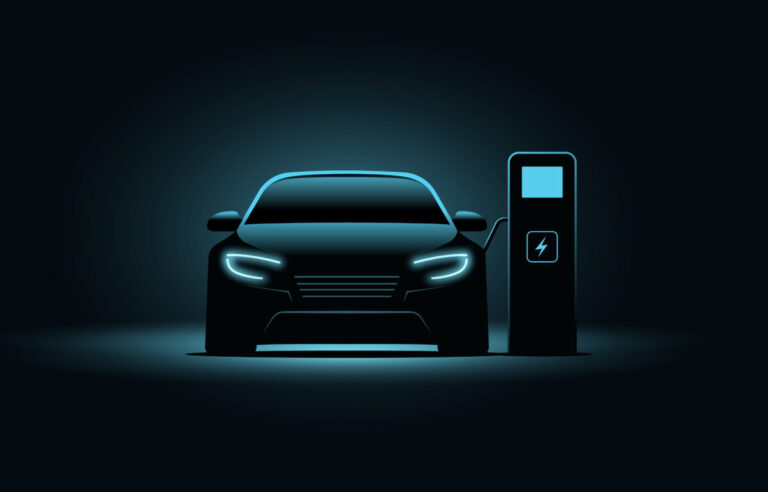Lithium is key to the transition towards electromobility, as it is a mineral necessary for the manufacture of batteries. This explains the increase in demand over the last few years, despite the fact that we are stagnating in terms of supply.
Now, it is important to ask ourselves what is the point of moving towards electromobility if we are exploiting lithium in an unsustainable way. Currently, production is carried out through huge evaporation pools where the brine extracted from the salt flats is deposited and, after 12-18 months and once all the brine has evaporated, the mineral is obtained and then processed in a chemical plant to obtain lithium carbonate or hydroxide.
This has serious water consequences for the salt flats and their ecosystems, so it is urgent to move towards a sustainable industry that does not generate damage to the salt flats, biodiversity or surrounding communities.
Today there are technologies to achieve this, such as direct extraction, but for decades the sector has been closed to only two actors and in a single salt flat, which does not allow changing this paradigm. It is urgent to open up the industry, not only so that Chile can take advantage of its natural virtues, but also to generate greater competition, innovation and investment, and thus boost our economy and well-being, hand in hand with sustainable exploitation technologies.
It is urgent to open up the industry, not only so that Chile can take advantage of its natural virtues, but also to generate greater competition, innovation and investment, and thus boost our economy and well-being, hand in hand with sustainable exploitation technologies.
In 2023 we cannot afford to continue damaging our environment to produce lithium.
This must be a priority matter for the State, which must act quickly and set the path that the country will follow. Chile is missing out on the “lithium boom” and with it the insertion of environmentally friendly technologies.
“It is important to ask ourselves what is the point of moving towards electromobility if we are exploiting lithium in an unsustainable way”.
Rodrigo Dupouy, President for Latin America of Ensorcia Group.

